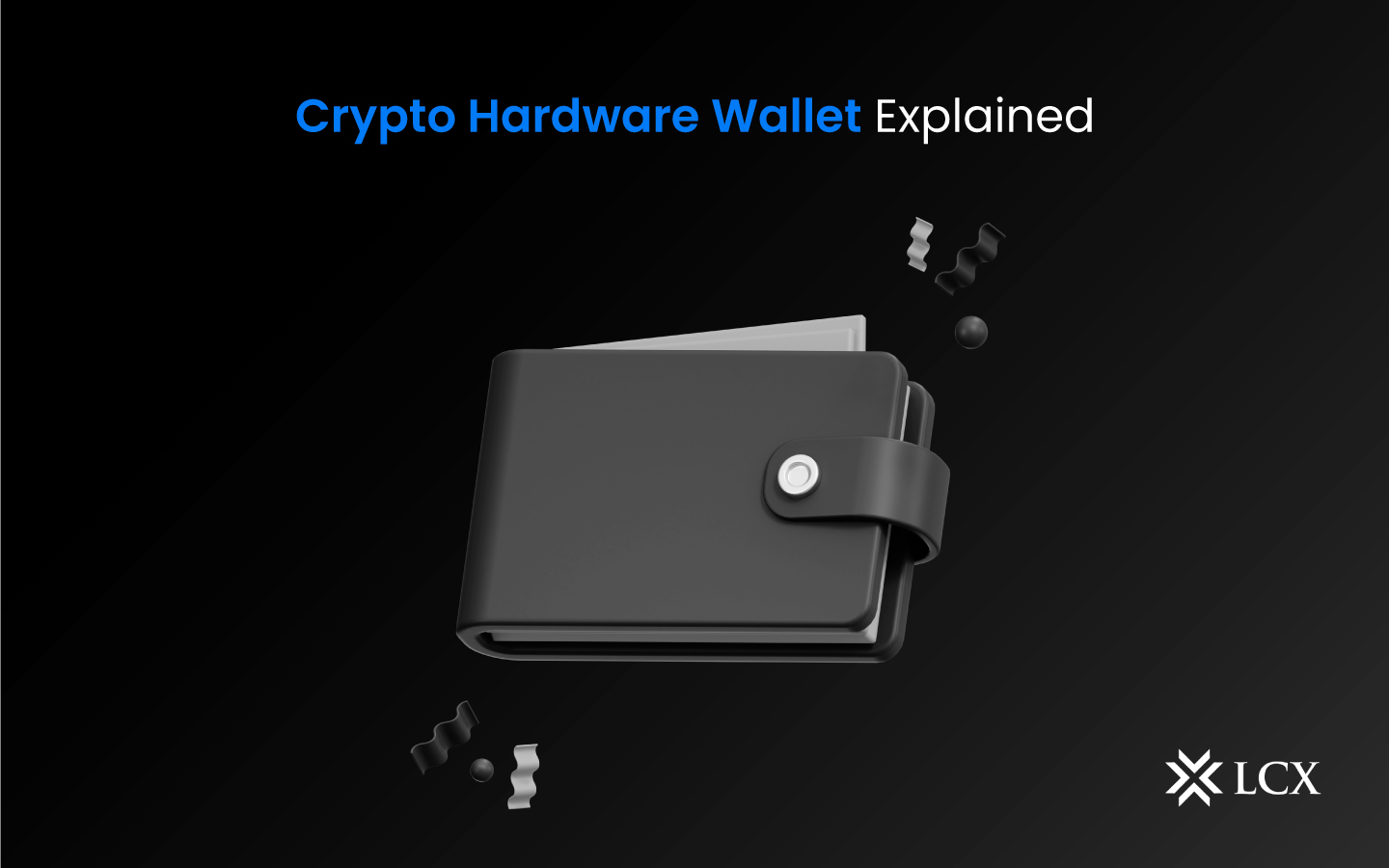In the world of cryptocurrencies, security is of paramount importance. Given the crypto market’s volatility, regulatory difficulties, high-profile breaches, scams, and fraudulent activities, it is common knowledge that investing in cryptocurrencies entails a degree of risk. In 2022, approximately $1.9 billion worth of cryptocurrency was misappropriated in various hacking incidents and fraudulent activities, compared to less than $1.2 billion at the same time in 2021. With digital assets’ increasing popularity and value, protecting your investment has become more critical than ever. Traders must educate themselves on the most secure methods for storing and administering cryptocurrencies. While software wallets offer convenience, they can be vulnerable to hacking and malware attacks. This is where hardware wallets step in as a robust and secure solution. As a type of cold storage, a crypto hardware wallet is a physical device designed to store cryptocurrencies offline securely, providing additional layers of protection for those who hold significant amounts of crypto and wish to keep them safe for an extended period of time.
What Is a Crypto Hardware Wallet?
There are two main categories of crypto wallets: hot wallets and cold wallets. Hot wallets are internet-connected software-based crypto wallets, whereas cold wallets are physical devices. As they are not connected to the internet and do not interact with potentially vulnerable software and web viruses, cold wallets are considered a more secure storage option than active software wallets. Hardware crypto wallets are regarded as one of the most secure ways to store cryptocurrencies among cold wallets.
A hardware wallet is a tangible device for the offline storage of cryptocurrency. A hardware wallet is a physical device that resembles a USB drive or a compact plug-in device and is designed to store cryptocurrencies and other digital assets, such as nonfungible tokens (NFTs), in a secure manner. Hardware wallets do not store cryptocurrency; rather, they store the private keys that grant access to the stored digital assets. Hardware wallets are created with multiple layers of encryption and protection against hijacking and malware. Additionally, they are resistant to physical harm and easy to back up or recover if lost or stolen.
Benefits of Using a Crypto Hardware Wallet
- Enhanced Security: By keeping your private keys offline, hardware wallets protect against malware, phishing attacks, and keylogging attempts. The keys never leave the device, reducing the risk of theft or unauthorized access.
- Cold Storage: Hardware wallets employ a concept known as cold storage, which means the private keys are stored in an offline environment, disconnected from the internet. This adds an extra layer of protection, making it extremely difficult for hackers to compromise your assets.
- User-Friendly Interface: Most hardware wallets come with intuitive interfaces and companion apps, making them accessible even to individuals with limited technical knowledge. They offer straightforward setup processes and easy-to-navigate menus for managing your crypto assets.
- Multi-Currency Support: Hardware wallets typically support a wide range of cryptocurrencies, ensuring compatibility with various blockchain networks. This versatility allows users to manage multiple digital assets conveniently from a single device.
- Backup and Recovery Options: Hardware wallets often provide backup and recovery features, allowing you to restore your funds if the device is lost, stolen, or damaged. These recovery options involve seed phrases or recovery phrases, which are words that serve as a backup of your private keys.
Hardware Wallet v/s Software Wallet
While software wallets offer convenience and simplicity of use, hardware wallets are renowned for their security. A thorough comprehension of the differences between the two options, user requirements, and the required level of digital asset custody can assist users in making informed decisions regarding their preferred wallet.
| Hardware Wallet | Software Wallet | |
| Private Key Storage | Crypto wallets that store user’s private key in a physical offline device | Crypto wallets that are programmatic and store private keys in an online environment. |
| Security | The storage device is not connected to the internet, providing safety from hackers. | Connected to the internet, prone to more frequent hacker attacks. |
| Suitability | Crypto owners who want to store digital assets with a high level of security. | Small crypto traders who want to make on-the-go transactions. |
How Does a Hardware Wallet Work
Key Generation: When setting up a hardware wallet, a unique set of cryptographic keys is generated. The private keys remain securely stored within the device, while a public key is used for receiving funds.
Secure Transaction Signing: To initiate a transaction, the hardware wallet securely signs the transaction using the private key, which remains isolated from the internet-connected device. The signed transaction is then broadcast to the blockchain network.
Verification: Hardware wallets often include a built-in screen that displays transaction details for verification. This ensures that you have complete control and visibility over the transactions being executed.
Conclusion
Crypto hardware wallets offer an unparalleled level of security and peace of mind for cryptocurrency holders. By keeping your private keys offline and employing robust encryption, these devices provide a safe haven for your digital assets. When it comes to safeguarding your investment, choosing a reliable hardware wallet from reputable manufacturers is essential. Embrace the world of crypto hardware wallets, and rest easy knowing that your cryptocurrencies are protected from potential threats in the digital landscape.










